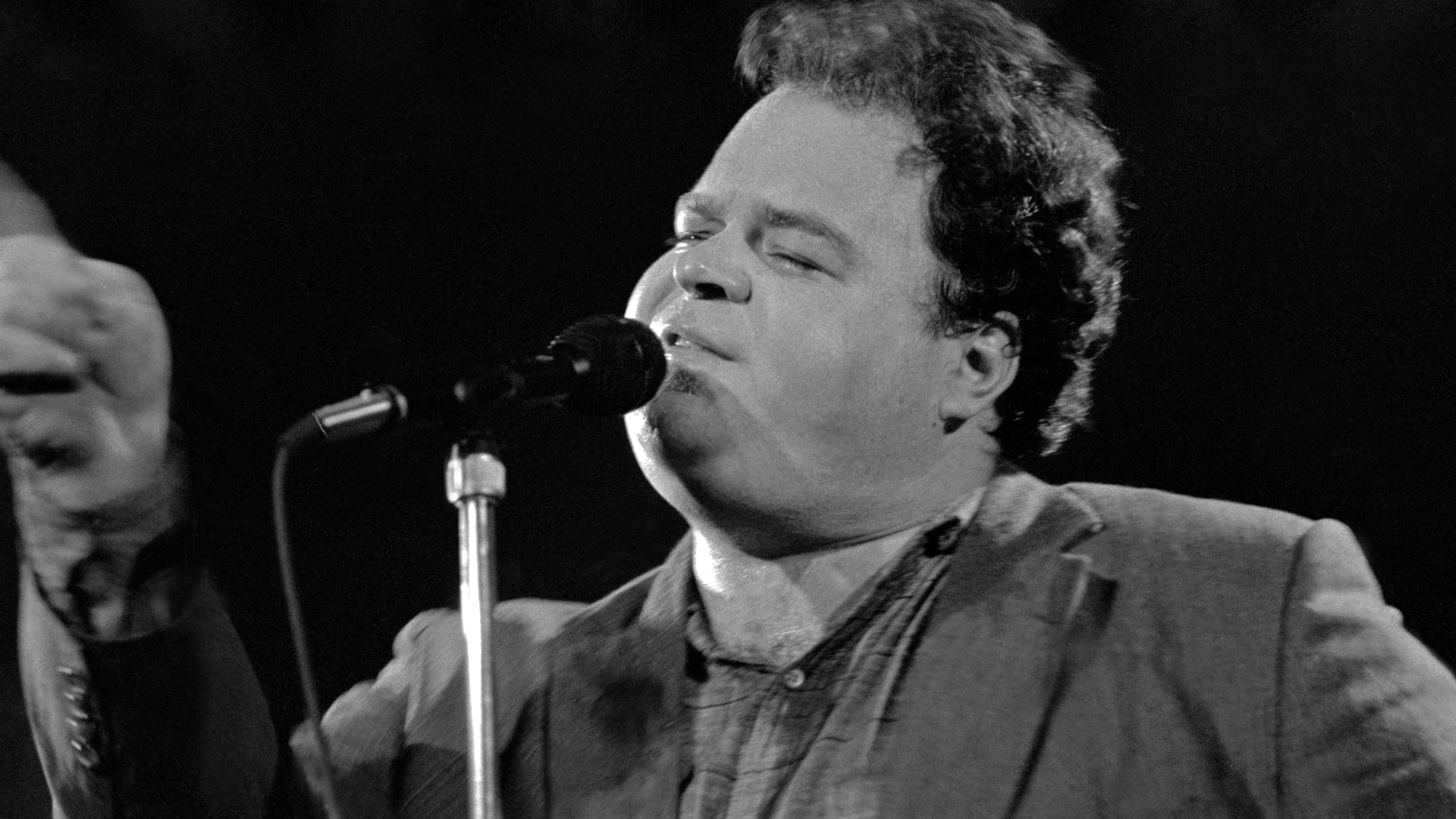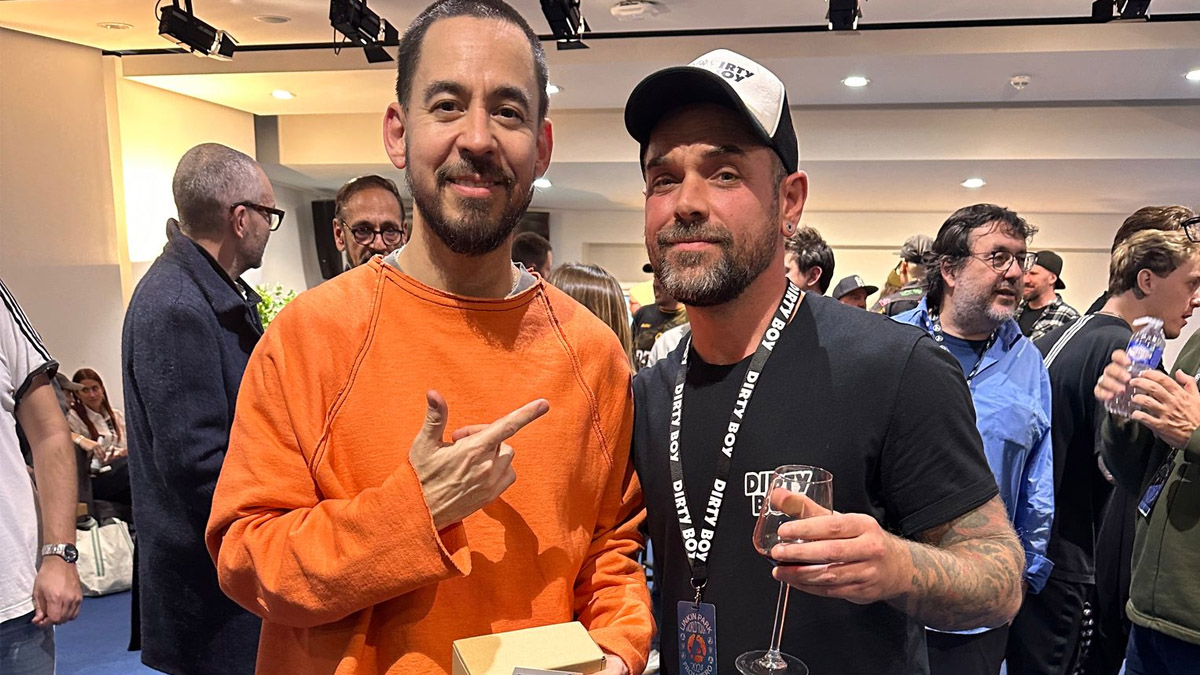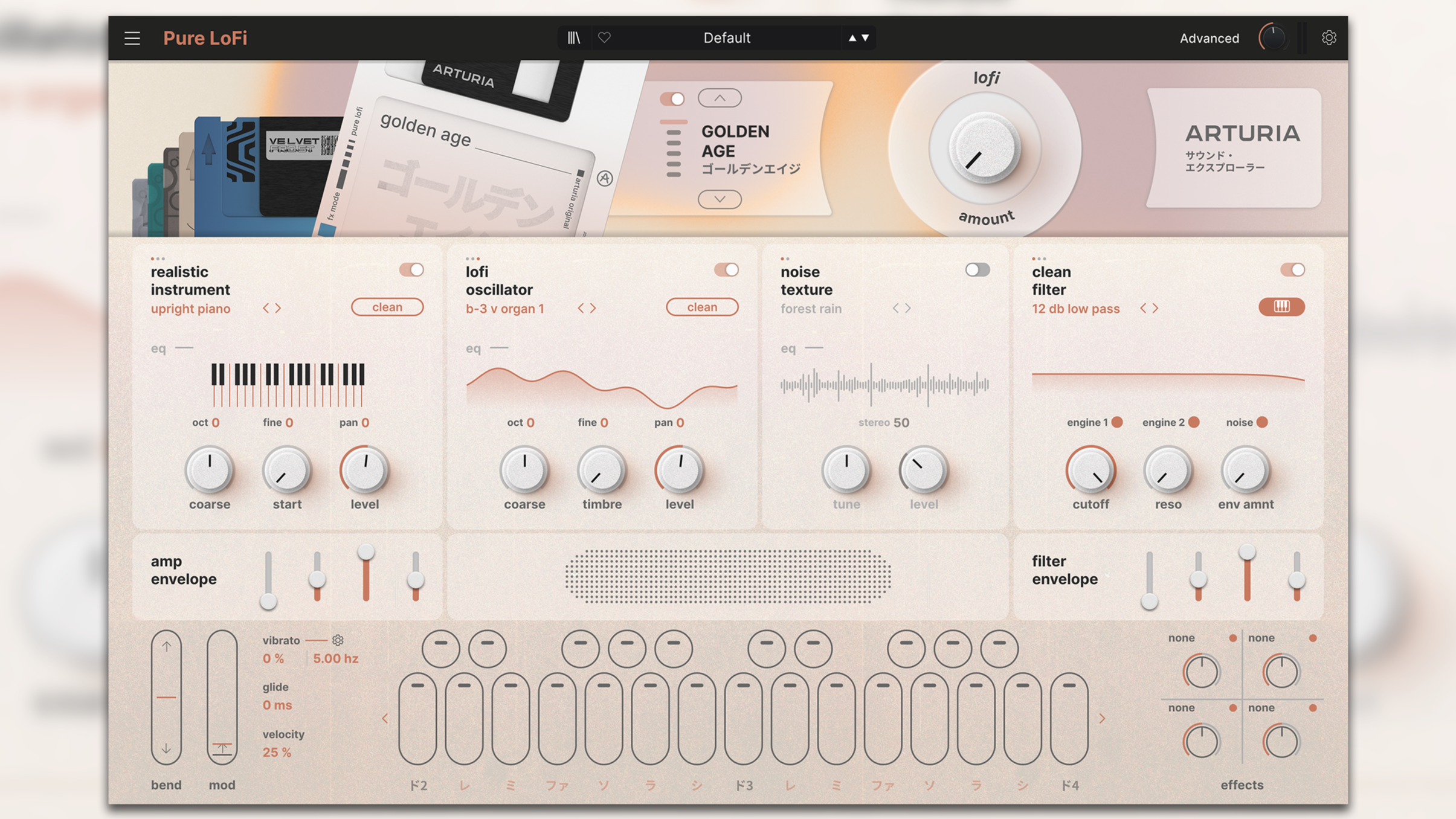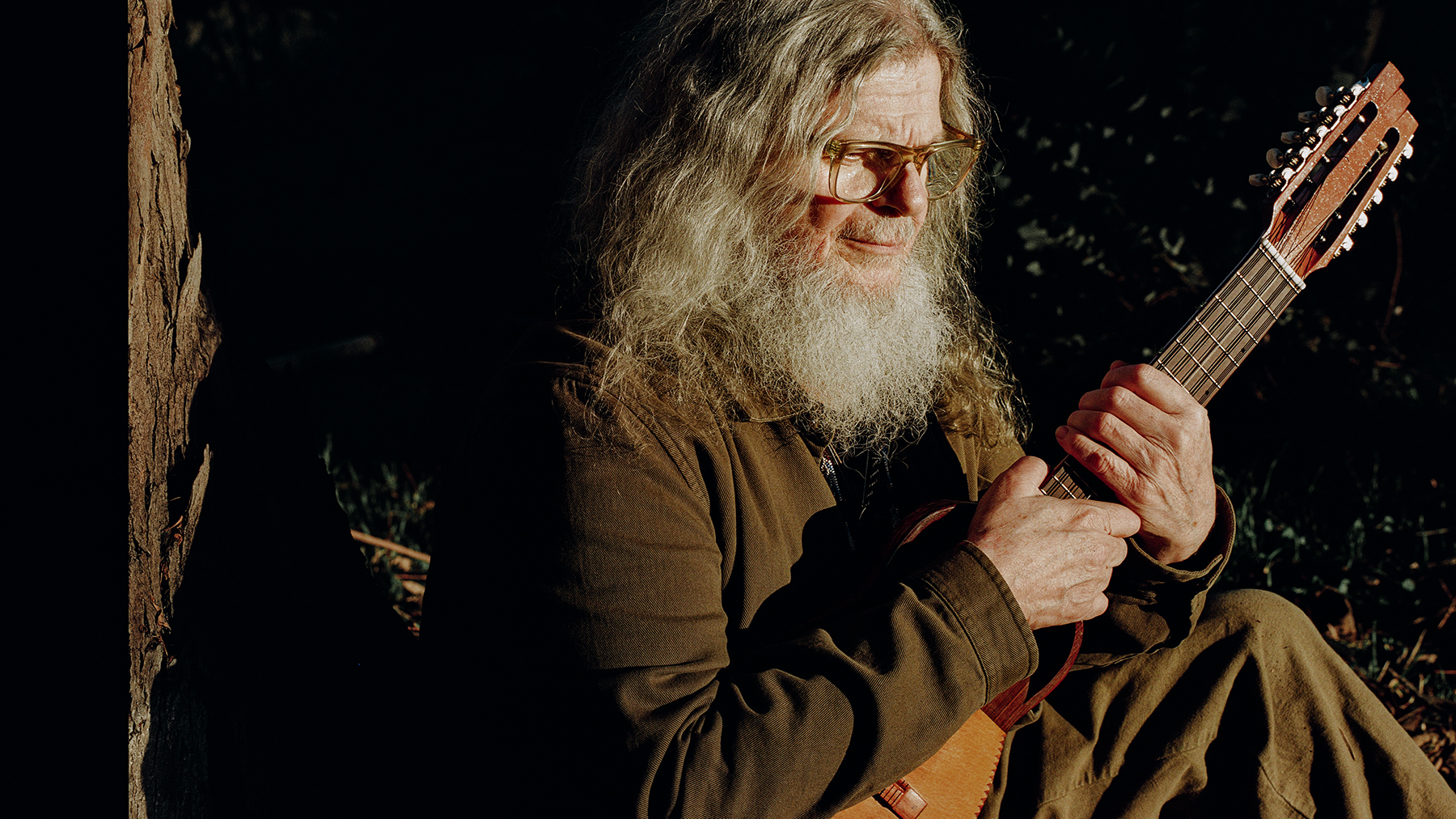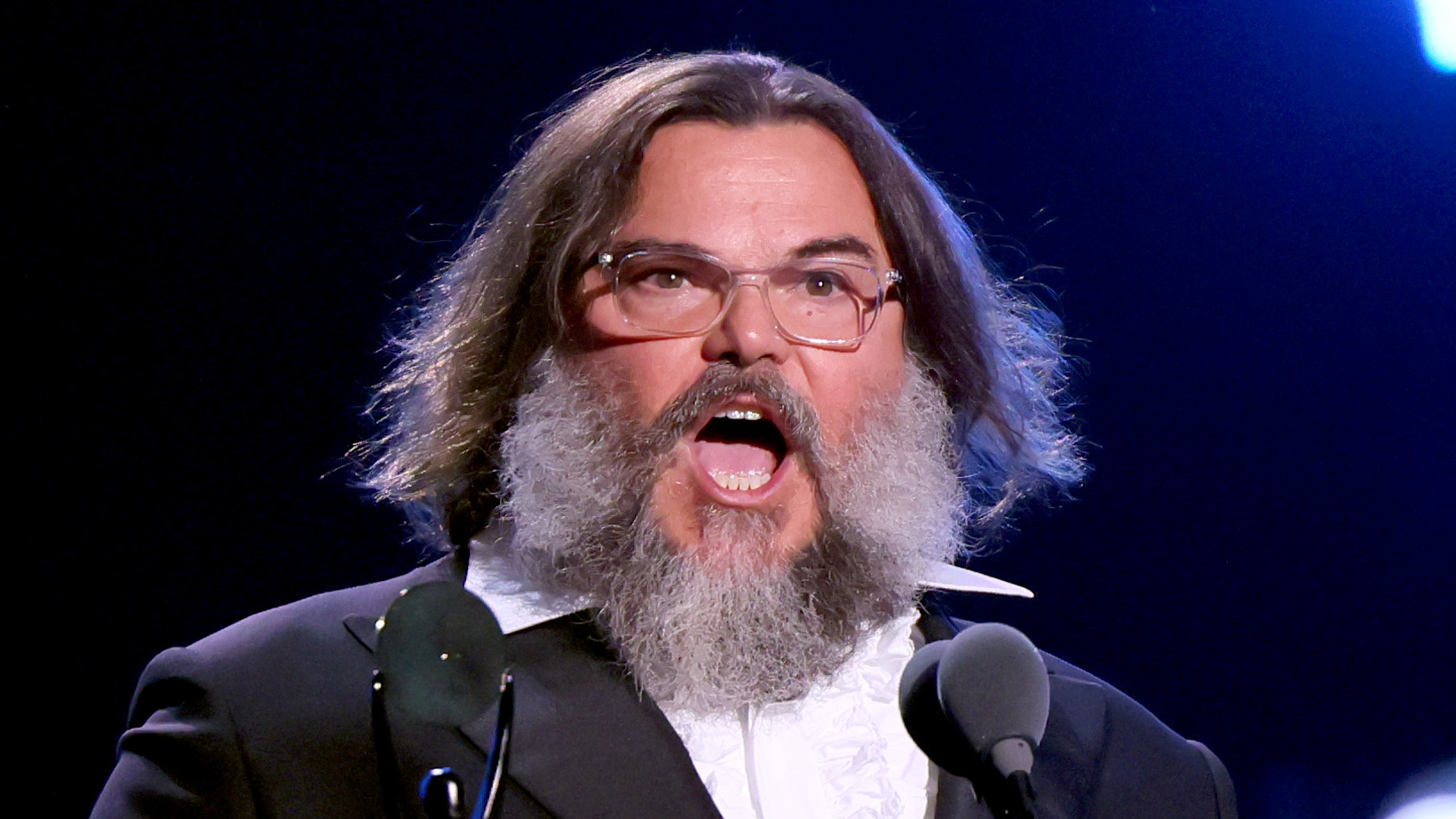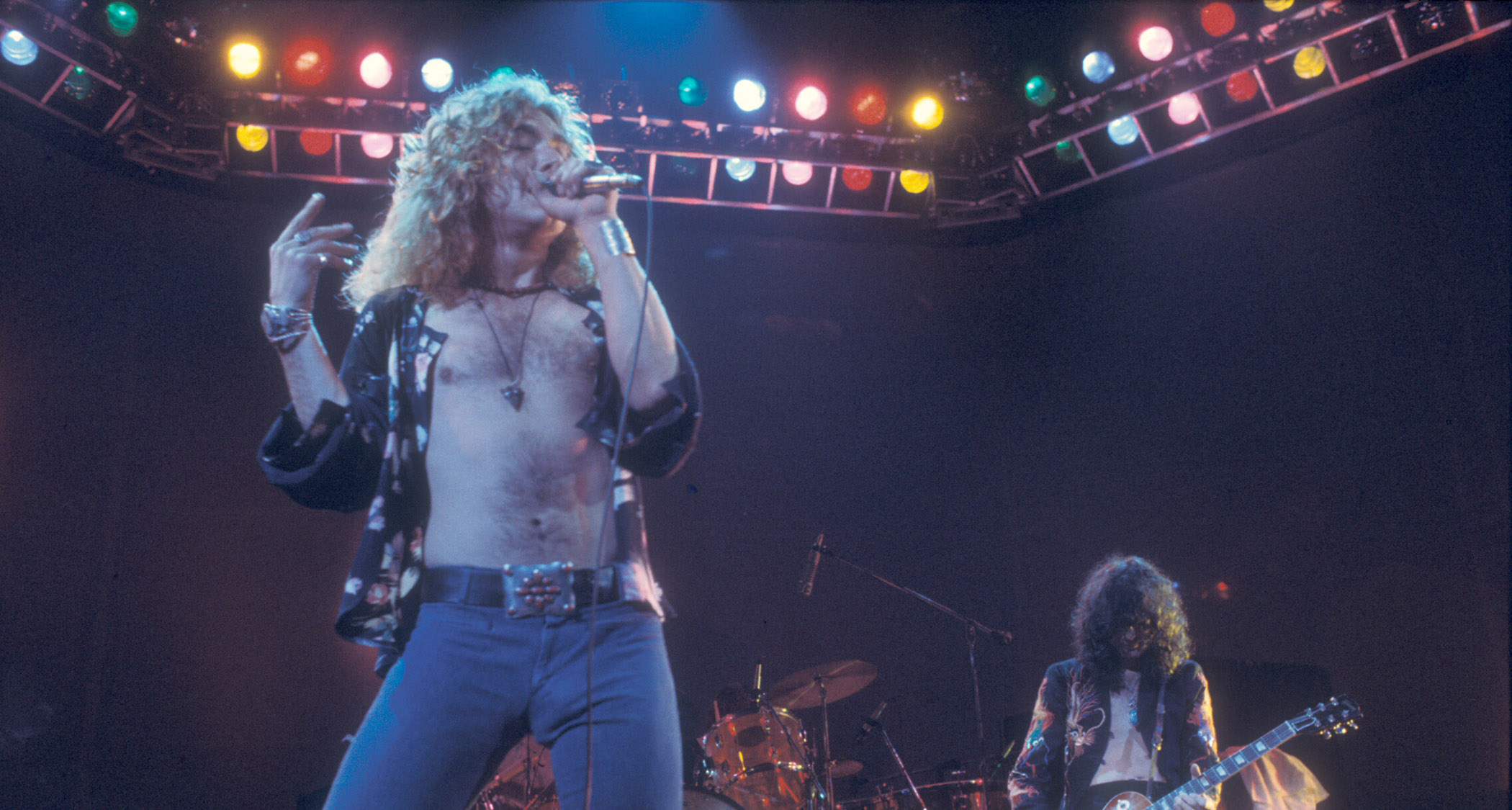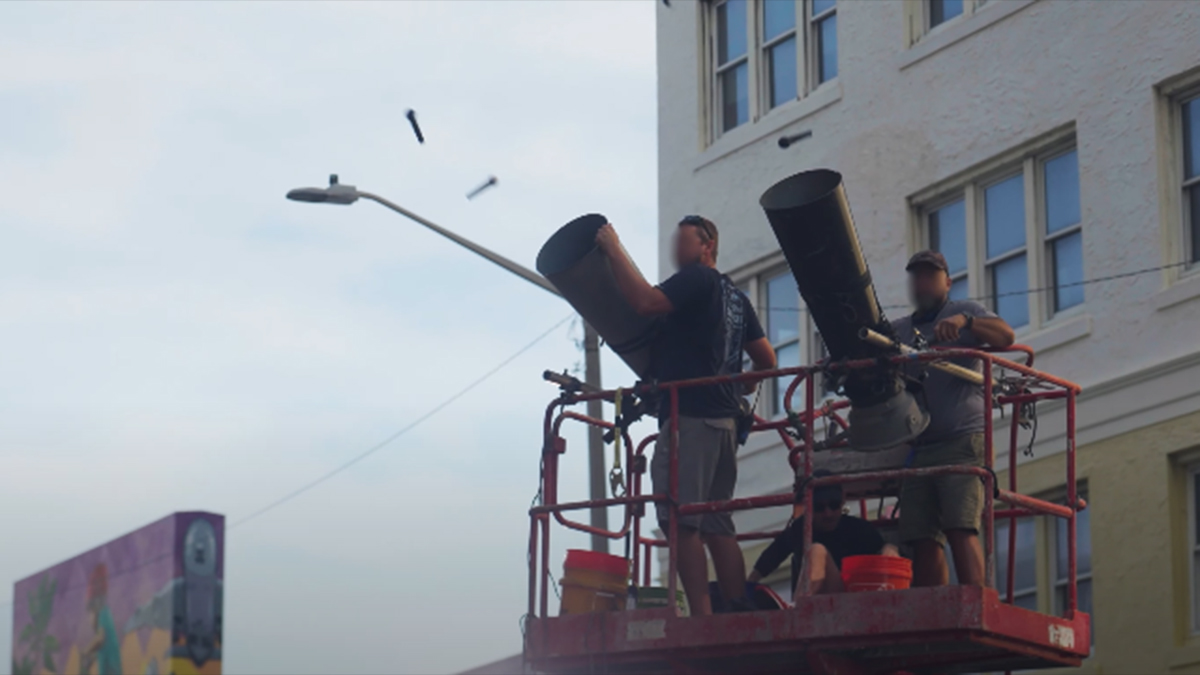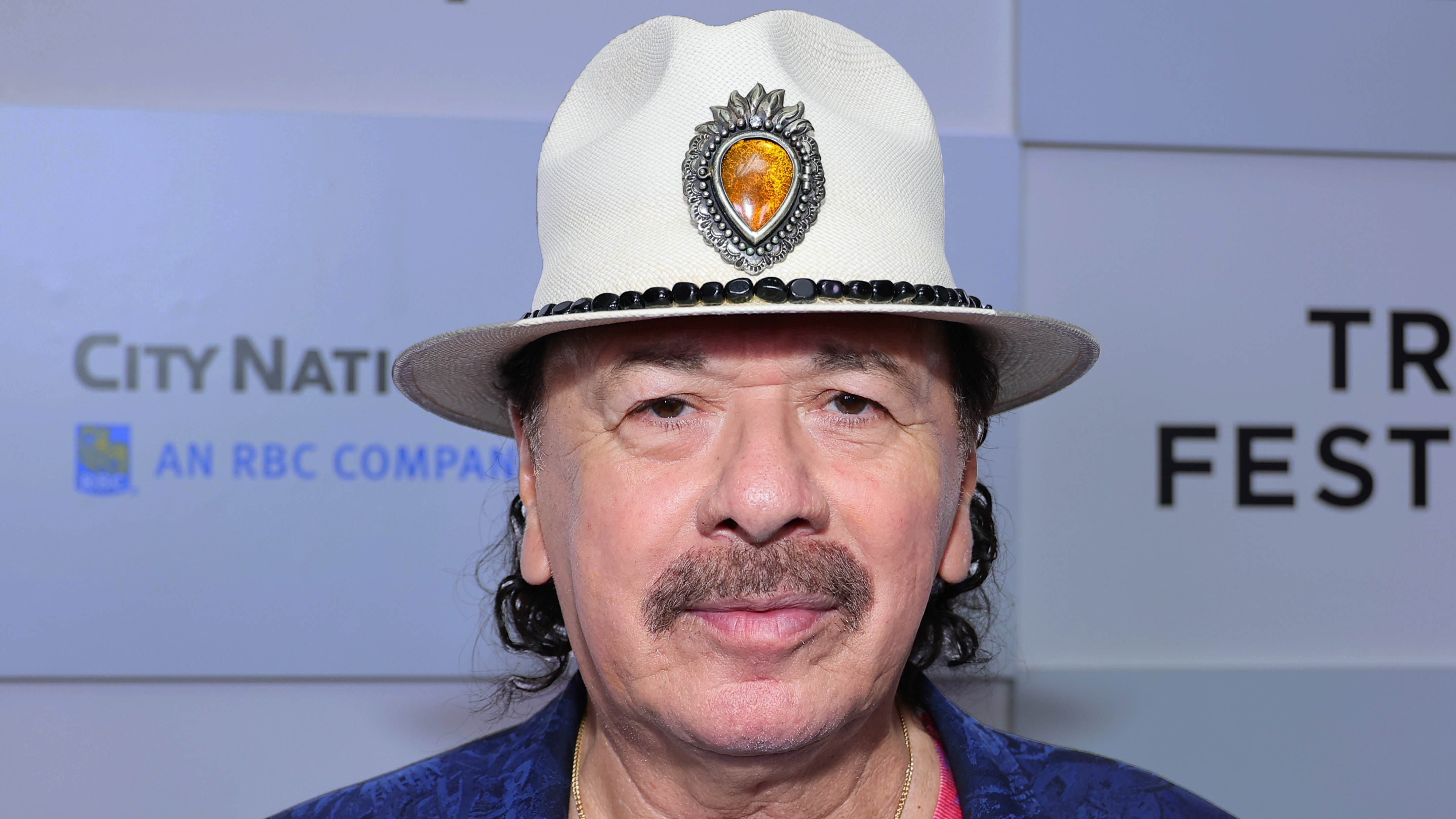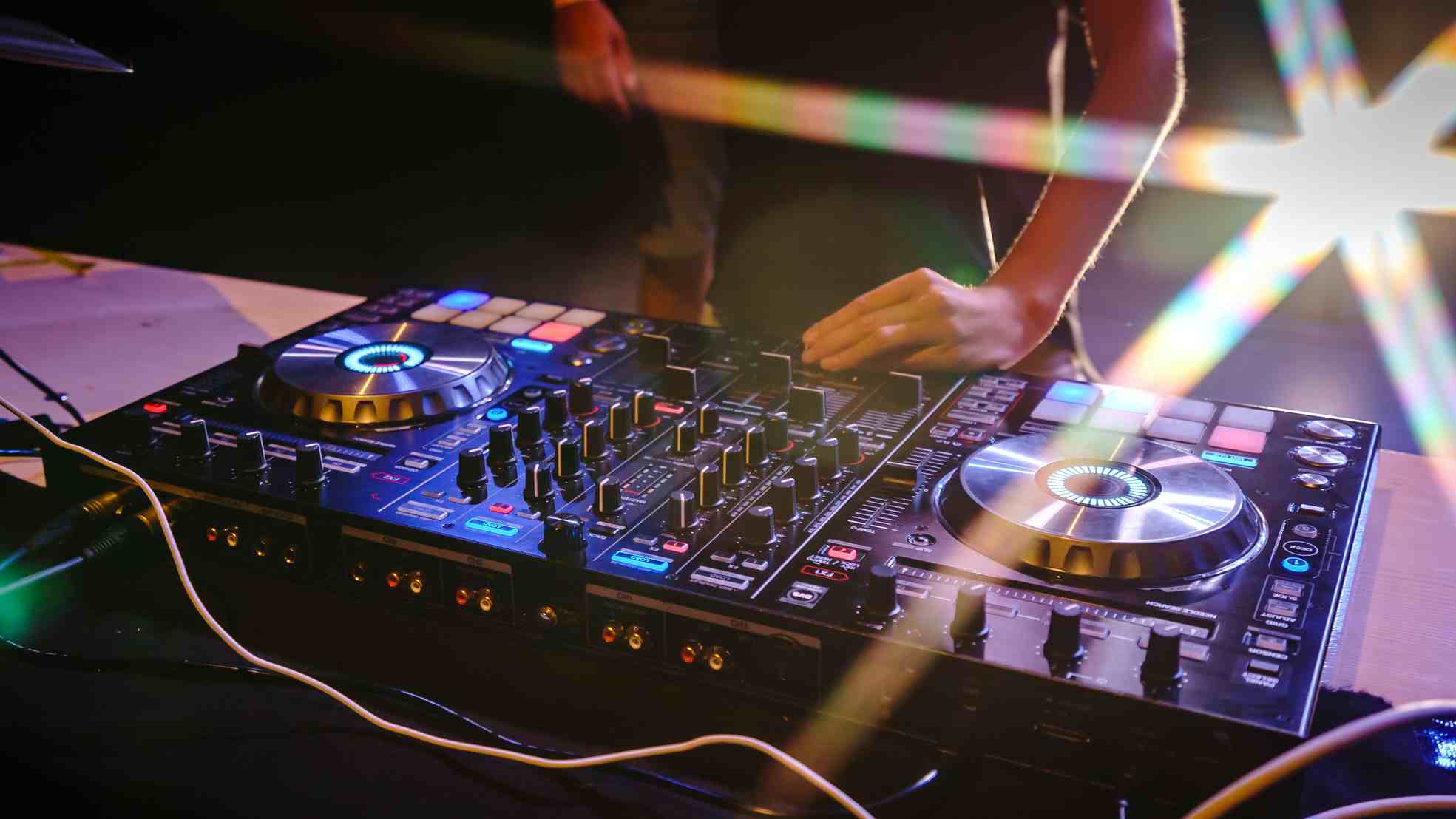"The minute I stopped mixing my stuff, I became my most creative": Should electronic artists mix their own tracks?
Skream ignites debate on Twitter over the merits of asking an engineer to handle mixdowns in electronic music production
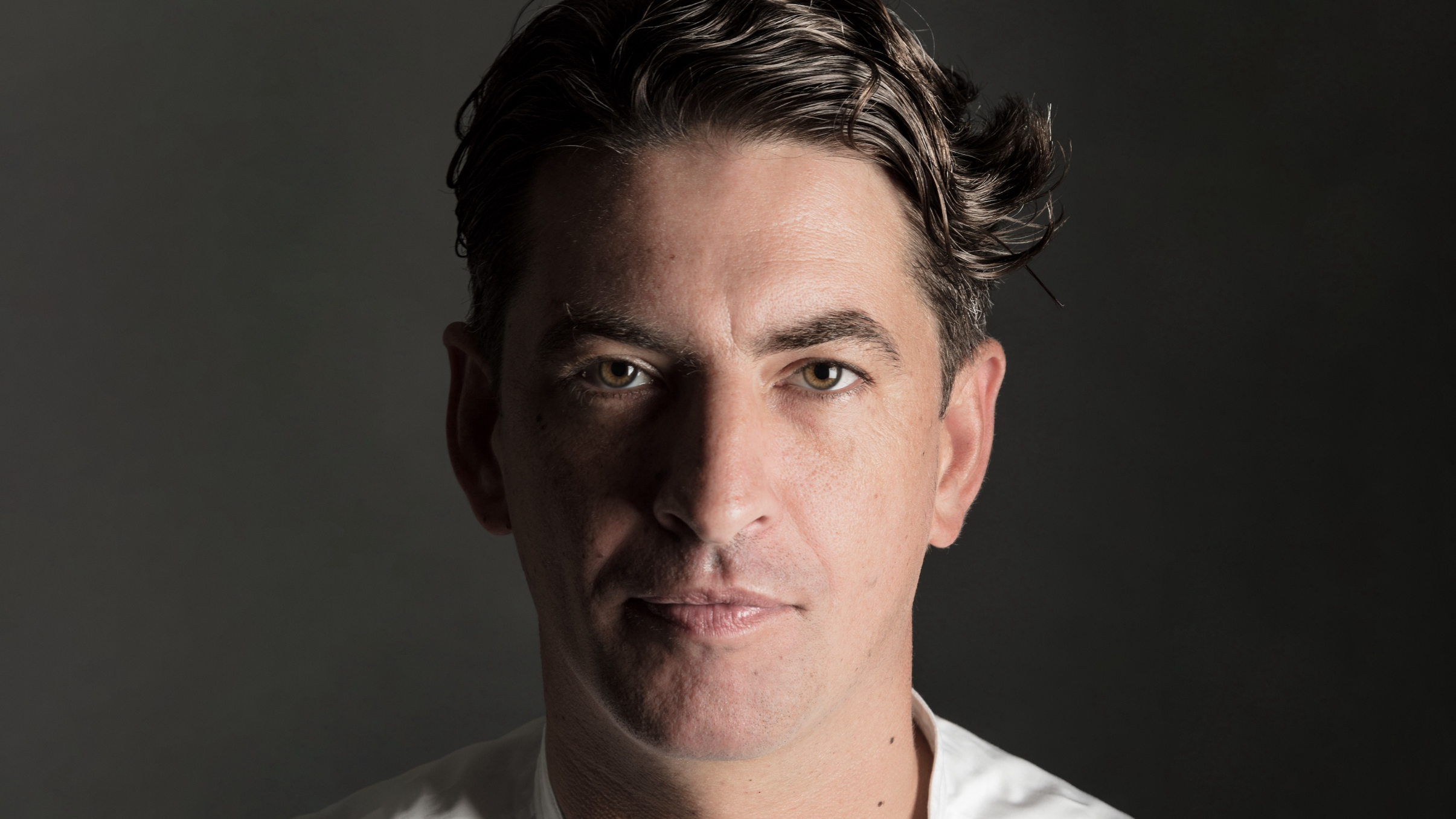
British producer and DJ Oliver Jones, better known as Skream, kicked off a debate on Twitter (the social media platform now known as X) last week over the role of mixing in electronic music production.
The debate began with Skream suggesting that fellow electronic artist Fred again.. doesn't mix his own tracks, before clarifying that this wasn't a criticism of his work. "That isn't a bad thing", Jones says. "[British producer] Artwork once said to me 'if you had a leak in your roof would you fix it?' I said no and he said 'exactly'. Don't ever criticise people for making there [sic] product sound the best it can be."
Jones went on to discuss the reasoning behind his own decision to stop mixing his music earlier in his career, arguing that by handing over the reigns to a mix engineer, he was better able to focus on the solely creative aspects of music-making. "The minute I stopped mixing my stuff (I was always terrible at the mixdown side of things, just wasn't my strong point) I became my most creative", he tweeted.
"There's a huge difference between having someone mix your track and someone ghost-produce it, people need to understand," Jones continues in a separate tweet. "Being from the bass world you had to have a mix identity to a degree. I made my riffs and sounds stand out more to hide the fact I couldn't mix down for shit."
There's a huge difference between having someone mix your track and someone ghost-produce it
While the majority of the replies to Jones' tweet echoed his sentiments, Twitter user IBEX asked exactly how much of a track's identity is derived from the mixing process as opposed to other elements of the production. Comparing the decision to use a mix engineer to a visual artist asking another artist to "paint over" their artwork, the comment raised questions surrounding authorship and authenticity in electronic music production. "Nobody changes my art though," Jones replied, arguing that the mix engineer only enhances the art that's provided to them by a producer or musician.
Many in the replies backed up Jones' viewpoint, pointing out that mixing is a separate discipline that requires a different skillset to other aspects of the production and songwriting process. "The mixdown or mastering is a completely different thing from the creativity of creating new music. The producer is not always the sound engineer," commented Twitter user Ben Chazley.
Twitter user bondisoffgrid agreed, asking "Who the fuck wants to fully mix their own records? Sounds like a great way to start hating and inadvertently destroy your creations [...] I'm an artist, not a scientist." Others observed that electronic artists are expected to "do everything themselves" while in almost every other musical genre, artists aren't expected to mix their own work.
Get the MusicRadar Newsletter
Want all the hottest music and gear news, reviews, deals, features and more, direct to your inbox? Sign up here.
"People seriously underestimate how much creators in these genres do themselves compared to bands that often have multiple people writing/playing and a whole other crew doing literally everything else", said Twitter user zero-based god. "20 people on a hip-hop track but if someone in electronic music uses two other people they're called names", responded another.
Twitter user Stephen Disario observed that mixing "can be a part of your creative process", arguing that "some amazing tracks have super raw mixdowns and that alone gives its character. Debatably, it wouldn't give the same vibe if they were polished up by a professional. It all depends on the vibe you want."
While Disaro makes a solid argument - mixing is both a creative and technical discipline, and decisions made in the mix can dramatically shape a track's musical identity - we're inclined to side with Team Skream on this one.
If delegating the mixdown to a professional engineer helps someone make the music they've created sound better, that doesn't make them less of an artist, or less of a producer. Music is inherently collaborative, and anyone arguing that electronic artists absolutely must mix their own work is probably more concerned with inflating their ego than making better tunes.
Last week, Skream released Skreamizm Vol. 8, the eighth instalment of his Skreamizm album series.
The minute I stopped mixing my stuff (I was always terrible at Mixdown side of things,just wasn’t my strong point) I became my most creativeSeptember 10, 2023



I'm MusicRadar's Tech Editor, working across everything from product news and gear-focused features to artist interviews and tech tutorials. I love electronic music and I'm perpetually fascinated by the tools we use to make it. When I'm not behind my laptop keyboard, you'll probably find me behind a MIDI keyboard, carefully crafting the beginnings of another project that I'll ultimately abandon to the creative graveyard that is my overstuffed hard drive.
“A fabulous trip through all eight songs by 24 wonderful artists and remixers... way beyond anything I could have hoped for”: Robert Smith announces new Cure remix album
“I have an original 909 – every time I try to use it I feel like I’m ruining it”: House hero Riva Starr on his studio essentials and his love of analogue synths
